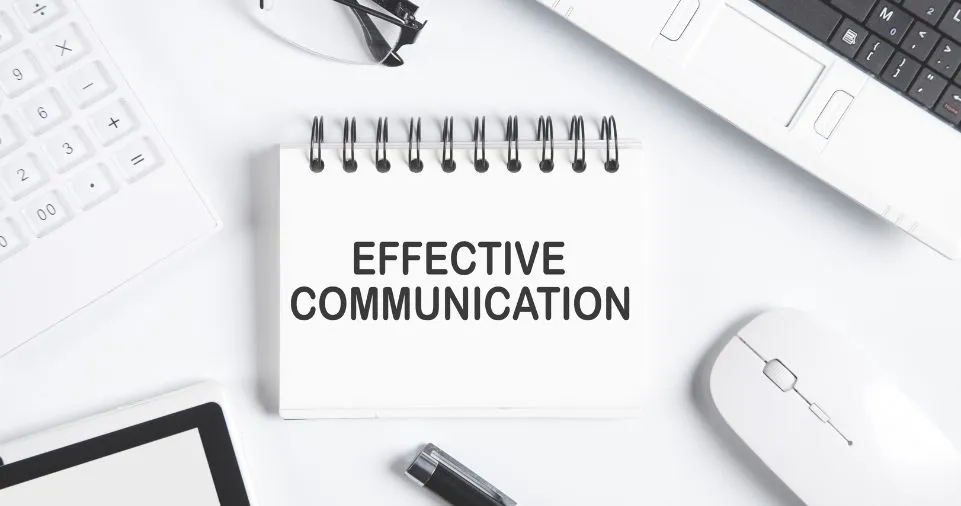Effective communication with customers is crucial for building strong relationships, ensuring satisfaction, and fostering loyalty. Good communication helps in understanding customer needs, addressing their concerns, and enhancing their overall experience with your brand.
Here are some strategies to communicate effectively with your customers:
1. Understand Your Audience
Why It Matters: Knowing your audience allows you to tailor your communication style to their preferences and needs.
Strategies:
- Market Research: Conduct surveys, focus groups, and analyze data to understand your customers’ demographics, preferences, and behavior.
- Customer Personas: Develop detailed customer personas to represent different segments of your audience, helping to personalize your communication.
2. Use Multiple Communication Channels
Why It Matters: Different customers prefer different communication channels. Offering multiple options ensures you can reach and engage with a broader audience.
Strategies:
- Email: Send personalized emails for updates, promotions, and newsletters.
- Social Media: Engage with customers on platforms like Facebook, Twitter, Instagram, and LinkedIn.
- Live Chat: Offer real-time support through live chat on your website.
- Phone Support: Provide a phone line for direct, personal customer support.
- In-Person: For brick-and-mortar businesses, maintain excellent face-to-face customer service.
3. Be Clear and Concise
Why It Matters: Clear and concise communication helps avoid misunderstandings and ensures your message is understood.
Strategies:
- Simple Language: Use straightforward, easy-to-understand language.
- Brevity: Get to the point quickly without unnecessary information.
- Visuals: Use visuals like images, infographics, and videos to enhance understanding.
4. Personalize Your Communication
Why It Matters: Personalization makes customers feel valued and understood, increasing their engagement and satisfaction.
Strategies:
- Use Names: Address customers by their names in your communications.
- Customized Messages: Tailor messages based on customer preferences, purchase history, and behavior.
- Automated Personalization: Use CRM tools to automate personalized messages based on customer data.
5. Be Responsive
Why It Matters: Timely responses show customers that you value their time and concerns, enhancing their experience with your brand.
Strategies:
- Set Expectations: Inform customers about expected response times.
- Quick Replies: Aim to respond to inquiries as quickly as possible.
- 24/7 Support: Consider offering round-the-clock support through automated systems or outsourcing.
6. Listen Actively
Why It Matters: Active listening helps you understand customer needs, concerns, and feedback, allowing you to address them effectively.
Strategies:
- Acknowledge Feedback: Show that you value and consider customer feedback.
- Ask Questions: Encourage customers to share their thoughts and experiences.
- Empathy: Show empathy by acknowledging customer emotions and concerns.
7. Maintain a Consistent Brand Voice
Why It Matters: A consistent brand voice across all communication channels reinforces your brand identity and builds trust.
Strategies:
- Brand Guidelines: Develop and follow brand guidelines for tone, language, and style.
- Training: Train your team to ensure they understand and use the brand voice consistently.
- Review: Regularly review communications to ensure consistency.
8. Provide Value
Why It Matters: Offering valuable information and resources builds trust and keeps customers engaged.
Strategies:
- Educational Content: Share tips, how-tos, and industry insights that benefit your customers.
- Exclusive Offers: Provide special deals and offers to loyal customers.
- Problem-Solving: Focus on how your products or services solve customer problems.
9. Use Customer Feedback
Why It Matters: Using customer feedback to improve your products, services, and communication shows that you value their opinions and are committed to continuous improvement.
Strategies:
- Surveys: Regularly conduct surveys to gather customer feedback.
- Reviews: Encourage customers to leave reviews and testimonials.
- Feedback Loop: Implement a system to act on feedback and inform customers about the changes made.
10. Be Transparent and Honest
Why It Matters: Transparency and honesty build trust and credibility with your customers.
Strategies:
- Clear Policies: Clearly communicate your policies on returns, refunds, and shipping.
- Honest Communication: Be honest about product limitations and potential issues.
- Updates: Keep customers informed about any changes, delays, or issues affecting them.
ALSO READ:
Conclusion
Effective communication with customers is key to building strong relationships, ensuring satisfaction, and fostering loyalty.
By understanding your audience, using multiple communication channels, personalizing your messages, and being responsive and transparent, you can enhance your customer communication strategy.
Remember, the goal is to make your customers feel valued, understood, and well-served, which ultimately leads to business success.


